Customized testing of advanced textiles products
Advanced textiles are available to consumers with an impressive and ever-increasing array of performance attributes. Examples include wicking, compression, heat-reflecting and energy-harvesting properties. While standard tests exist to confirm and demonstrate the nature and magnitude of some properties, they may not capture the performance features that distinguish a product from its competition.
Additionally, the standard tests may not capture specific performance features that are important or relevant for a given end-use application. For emerging advanced textiles, standard tests may not even exist. As a result, manufacturers and brand owners are challenged with test-method development to supplement their product development activities.
Standard tests are usually voluntary and offer a large number to choose from, although they may not capture the unique features of a product. The development and adoption process is often slow. Custom tests are often part of the product development process, but because of limited availability testing houses may not be able to help with the process.
During test method development, it is important to determine what the test is trying to measure and why—performance versus material properties and which variables need to be controlled and measured. Also consider how many replicates are needed—generally three to five—and if new test equipment will need to be developed and constructed.
Considerations for customized testing design include:
• Certification and standard testing should not be a substitute for end-use performance
• Understand reasonable use and misuse of product
• Anticipate all potential failures
• Accelerated aging/testing for service lifetime prediction
• Conditioning versus condition
• Build on historical knowledge and field use
When testing consider:
• Actual products versus prototypes
• Test the system, not just the components
• Sample population, size and selection
• Statistics
• Relevant controls
• Precision versus accuracy
• Do not ignore unexplainable or contrary data
• Record and document
“Customized testing can be a powerful tool for product development, marketing and innovation,” says Haskell Beckham of Exponent. “Development of customized tests should be undertaken with the same vigor and intensity as that devoted to the development of new products.”










